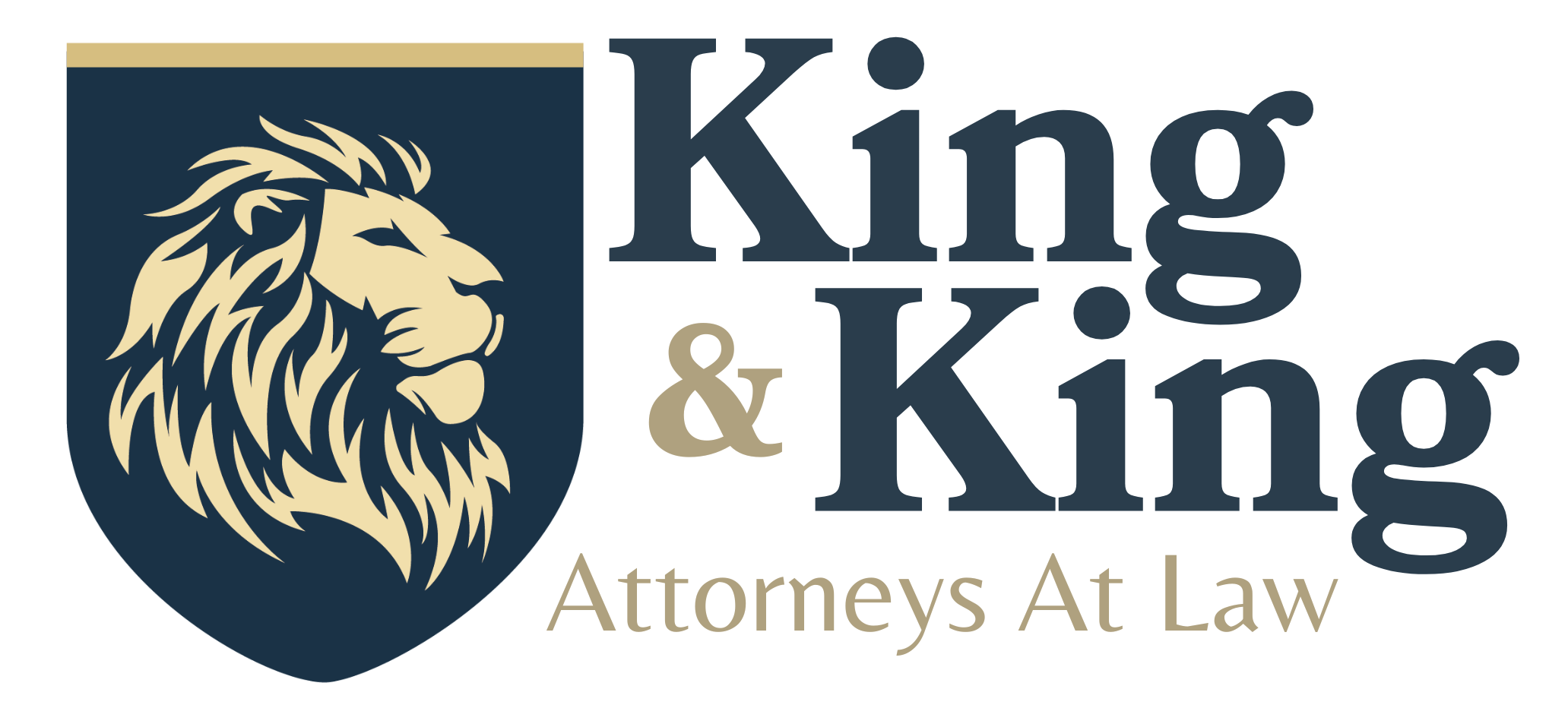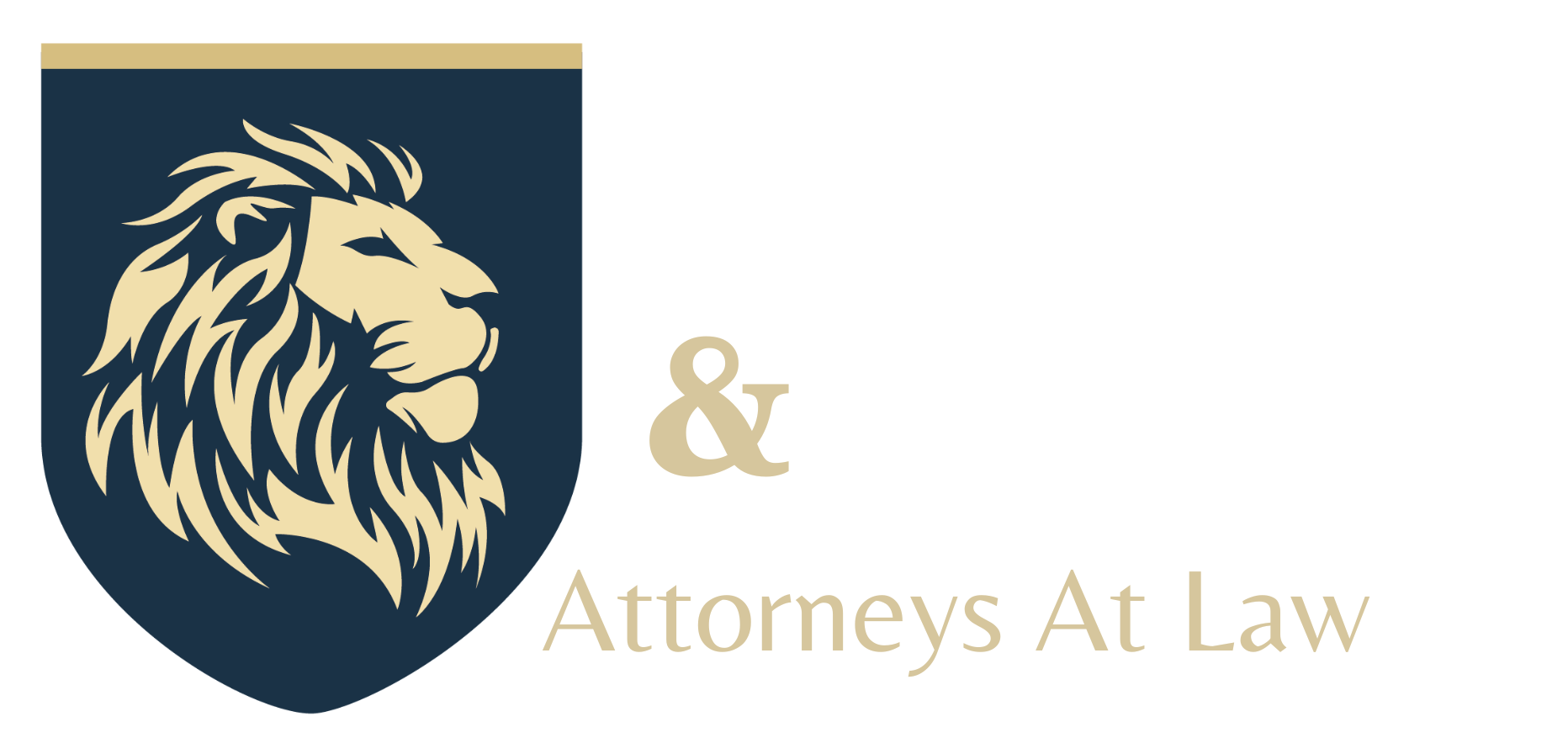We’re here to guide you through crafting a robust estate plan tailored to your family’s unique needs. Our services encompass drafting wills, creating revocable and irrevocable trusts, and establishing powers of attorney and advanced care directives. Plus, we’ll meticulously review your investment portfolios, bank accounts, and life insurance policies to ensure they align seamlessly with your estate planning objectives.

Common Misconceptions About Estate Planning
1. Estate planning is just for the elderly. – Incorrect! Estate planning is essential for anyone who owns property, has children, or runs a business. A tailored estate plan is crucial for safeguarding your assets.
2. Estate planning is only for the wealthy. – Not True! If you don’t have a plan for what happens with your assets at the time of your death, your state has intestate succession laws that dictate who inherits from you when you pass away. Many times these laws won’t consider important people you’d want to include in your inheritance. A personalized estate plan crafted by an experienced attorney gives you control of your assets, and peace of mind for you and your loved ones.
Protect your Assets, Investments, and Hard Work
Estate Planning and Probate
Protect your assets, your investments, and your life’s hard work with estate planning services from King & King Attorneys At Law. Our team is experienced in handling estate planning, and we can help you set up a will, trusts, charitable donations, naming an executor, deciding on beneficiaries, and even detailing out your funeral arrangements. With our experienced Tennessee and Alabama lawyers by your side, you’ll have an easier time preparing yourself, your assets, and even your family for the future
Protect your Assets, Investments, and Hard Work
Wills
Without a will, the state’s intestate succession laws will determine how and to whom your estate passes at your death.
What can happen to my estate without a will?
- A minor child could be the recipient of your estate requiring a court to appoint a guardian over your child and/or court supervision of the minor’s assets.
- Many people have blended families. If you are married, your portion of your estate may be transferred to your spouse who will then leave their estate to their children. Potentially, your children may not inherit from your estate.
- Special needs person: An inheritance directly to a disabled person could result in the person losing much-needed government benefits including insurance.
- Nursing home care: An inheritance could result in an individual losing Medicaid benefits.

Trusts
Why choose a trust-based estate plan?
Unlike a will-based estate plan, a properly drafted and funded trust-based estate plan will avoid probate. This will ensure that the details of your estate remain private and your estate avoids probate. As such, your estate will avoid the administration of your estate in court by having a trust-based estate plan.
A trust will also include incapacity planning to appoint a trustee who will oversee your finances and care in the event that you are unable to do so. Along with a power of attorney, a trust is an important estate planning tool to plan for any future incapacity, both physical and mental. A trust will allow you to avoid a conservatorship/guardianship court proceeding if you are ever incapacitated in the future.
A trust-based estate plan also provides more extensive planning for blended families. This can include leaving your assets in trust until your children are at a targeted age with your trustee overseeing those distributions. A trust can ensure that there is money available for needs such as your children’s educational expenses or extraordinary care for a spouse or special needs child.
A revocable living trust is one tool to use in a trust-based estate plan. The revocable living trust can be amended by the creator of the trust (otherwise called “grantor”) during his or her lifetime. Due to this fact, the revocable living trust allows the grantor control over his or her assets in the present, but also future. Depending on the circumstance, we may draft an individual or joint revocable trust if you are married. Assets that are transferred to the revocable living trust will not go through a probate process which will save time and expense to you and your loved ones.

Protect your Assets, Investments, and Hard Work
Conservatorship
If, for some reason, you or a family member is incapacitated and unable to make decisions about finances, asset distribution, or other estate affairs, a conservator can be appointed to help. Our team of experienced attorneys may be able to help you ensure that you’re prepared for this potential situation, or help you obtain conservatorship if a family member is incapacitated.
Protect your Assets, Investments, and Hard Work
Powers of Attorney
Appointing someone you trust to have power of attorney is an important decision that should not be taken lightly. In order to ensure that your appointed person has the power that you intend them to and that they’re honoring your wishes to the best of their ability, it’s best to work with professionals. At King & King Attorneys at Law, our focus is on ensuring that your wishes are honored and your intentions are fulfilled, so we’ll work to help you throughout every step of the process.


Special Needs Trust
A “special needs trust,” also known as a “supplemental needs trust,” is a mechanism to protect assets for the benefit of a disabled person in a way that does not disqualify the beneficiary from needs-based government benefits like SSI and Medicaid. Since these benefit programs have strict limits on the countable assets an individual can have (usually $2,000), even small gifts or inheritances can disqualify the individual from Medicaid and/or SSI unless the gifts are protected with a special needs trust.
One type of special needs trust is established with the beneficiary’s own assets and funds and it is called a “self-settled trust” because it is funded with the disabled person’s own assets. Federal law created this trust and has specific guidelines that must be followed. In comparison, a “third party” special needs trust can also be set up for a disabled person to receive gifts and funds for their benefit that does not disqualify them from government benefits.
Having special needs’ individuals in our own family has resulted in this area of the law being even more important to us. Let us help you navigate the best plan for that special family member in your life.
Protect your Assets, Investments, and Hard Work
Asset Protection
Tennessee is one of the states that permits “self-settled” asset protection trusts. These are trusts that you establish yourself for your benefit while protecting the trust assets from creditors. With a domestic asset protection trust, you will transfer assets to the trust and can receive distributions within the discretion of an independent trustee.
Protect your Assets, Investments, and Hard Work
Probate
Probate is a legal process that ensures the validity and authenticity of your will and your other legal estate planning documents are verified. If you or a family member does not have a will, probate also refers to the administration of assets and estate in this case. Probate can be a confusing process that may create high costs against your estate, so working with our estate planning attorneys in Tennessee or Alabama can help to prevent those high costs or complexities.



